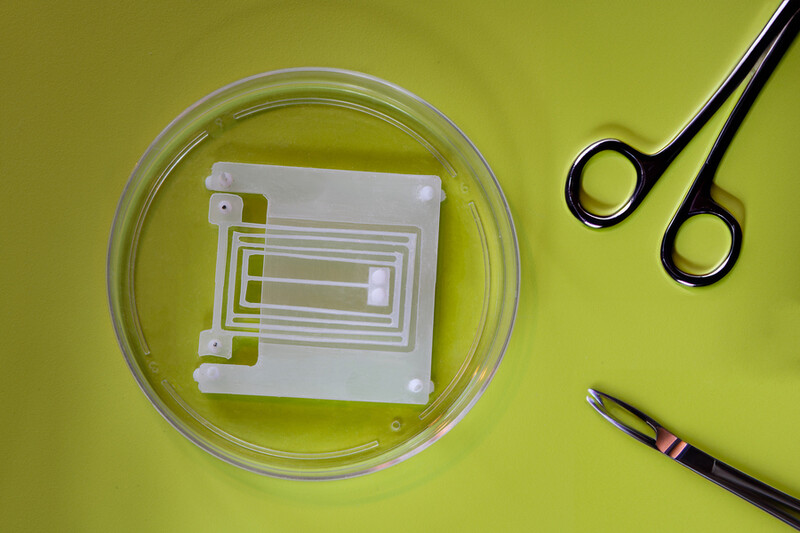It’s hard to get robots to move smoothly. All of those rigid parts make for stiff movements and a lot of wasted energy, which — besides looking silly — doesn’t make them all that useful for the commercial settings they are being developed for.
All Science stories
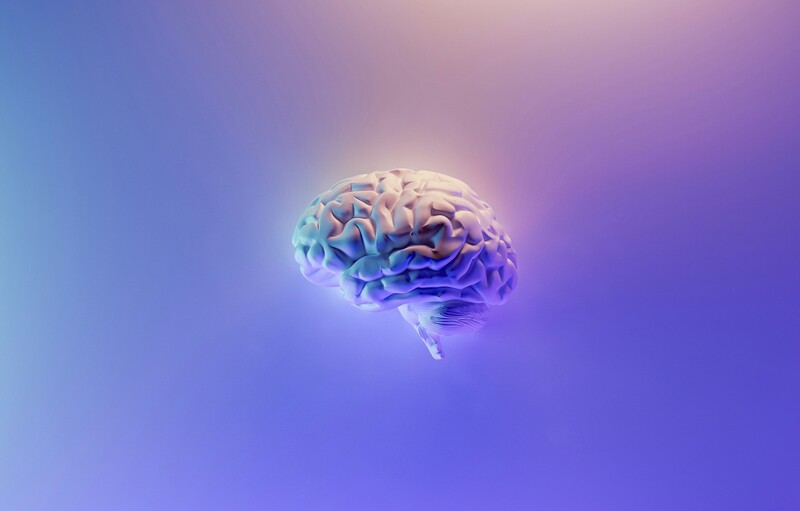
The problem: No one is exactly sure how memories are formed. Scientists know certain parts of the brain play an important role, as do electrical signals passing between neurons, but precisely how stuff gets encoded in your mind remains a minor mystery.
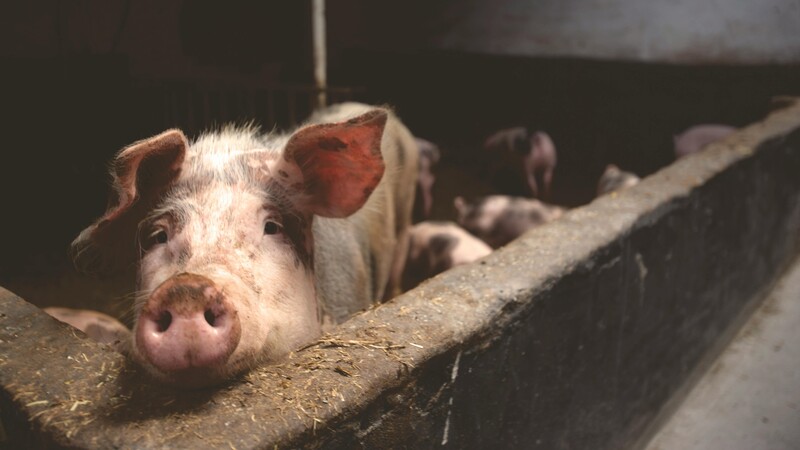
A lot of people are waiting for life-saving organ donations, especially kidneys. According to the Canadian Institute for Health Information, nearly 1,800 kidneys were transplanted in 2022, but 2,813 people were still on waiting lists and 117 died before getting one.
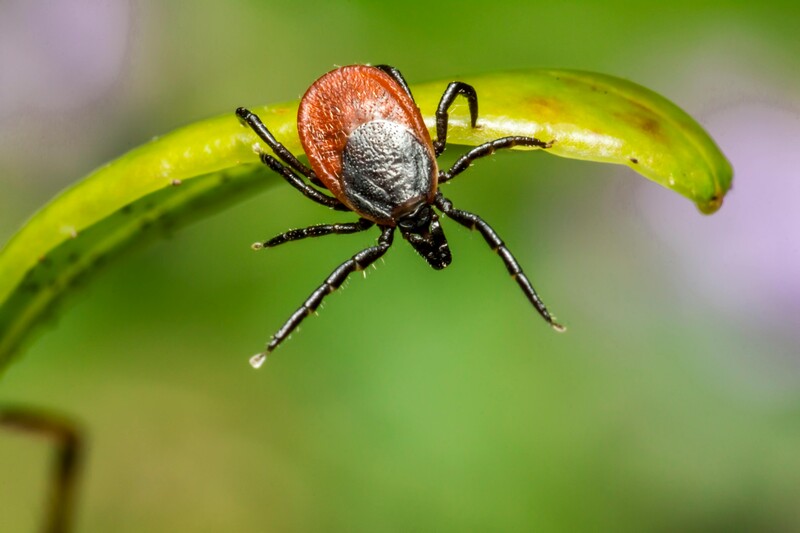
The problem: Nature-loving Canadians have to be extra diligent about their post-hike tick check thanks to climate change. Longer summers let more ticks survive and reproduce, mild winters mean tick season is starting earlier, and animals looking for new habitats are carrying ticks to more places. All of this adds up to higher rates of Lyme disease, for which there is no human vaccine.
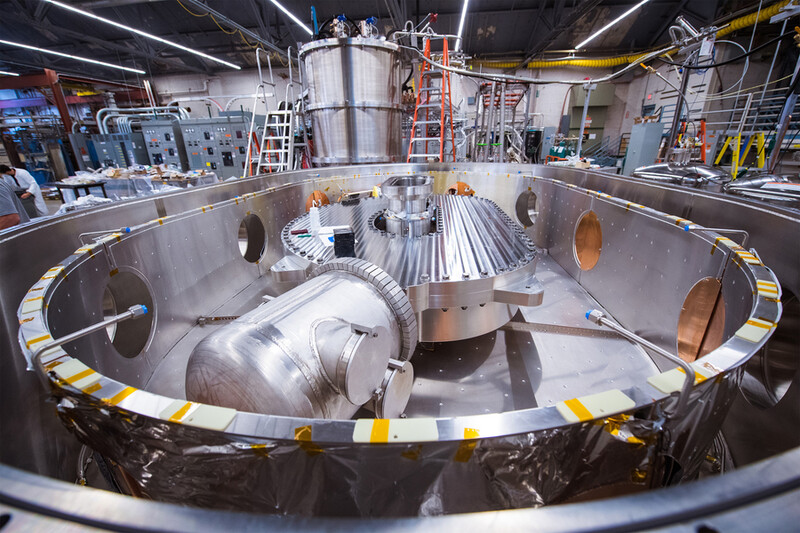
In 2021, when MIT researchers proved that nuclear fusion — how stars combine atoms to generate energy — could be replicated to provide power here on Earth, there was a caveat: The superconducting magnets needed were so large and costly that the process was light-years away from being practical.

The problem: Gas-powered cars are a big contributor to the world’s carbon emissions, but the transition to electric vehicles is sputtering as consumers remain skittish about pricey purchases. Toyota is one of the biggest skeptics among major automakers, estimating that the EV market will top out at 30% of drivers, meaning that carbon reduction will have to come from elsewhere.
.png)
The problem: Prescribing antidepressants involves a bit of trial and error: Between 40% and 60% of patients don’t respond to the first antidepressant they’re prescribed. Studies have shown that genetics account for up to 42% of variations in how patients with similar symptoms respond differently to the same medication.
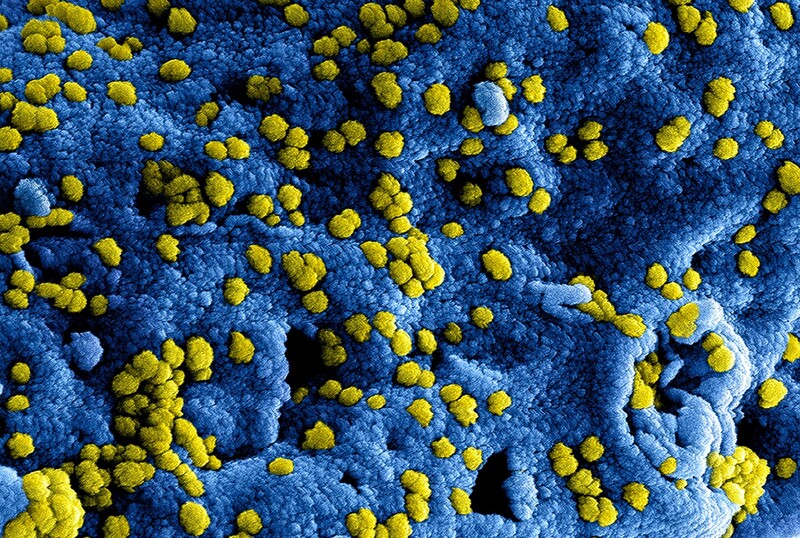
The problem: Climate change is thawing out permafrost. When the preserved microbes within the permafrost wake up, they begin breaking down the dead plant matter around them, releasing more carbon into the atmosphere.
The solution: Scientists at Ohio State University are researching if viruses could stop the vicious cycle.
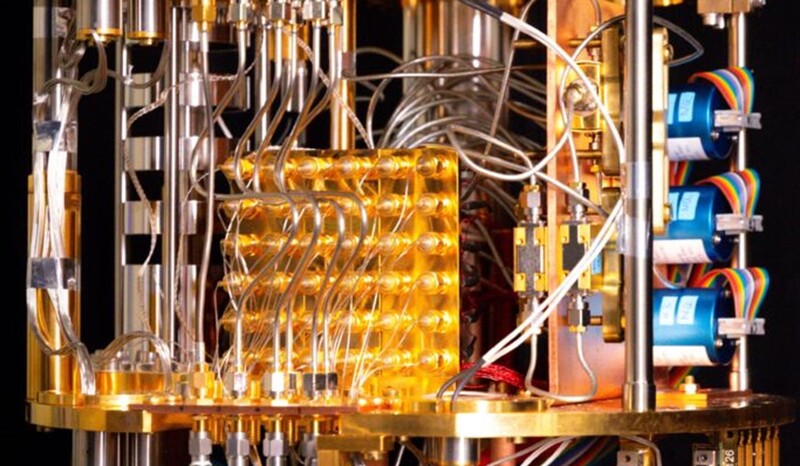
Quantum computers run a lot of calculations simultaneously, which results in a lot of errors. One way to correct errors is to add more qubits — the quantum version of a bit — that essentially check each other’s work. But the most advanced quantum computers have roughly 1,000 qubits, a fraction of what’s needed to reduce errors enough for quantum computers to be effective.

The problem: CERN’s Large Hadron Collider hasn’t made many major discoveries since the Higgs boson in 2012. One breakthrough many scientists were hoping for was in the area of dark matter and dark energy, which could explain the behaviour of the 95% of the universe that isn’t covered by existing theories of physics.
The solution: Build a bigger particle collider.
